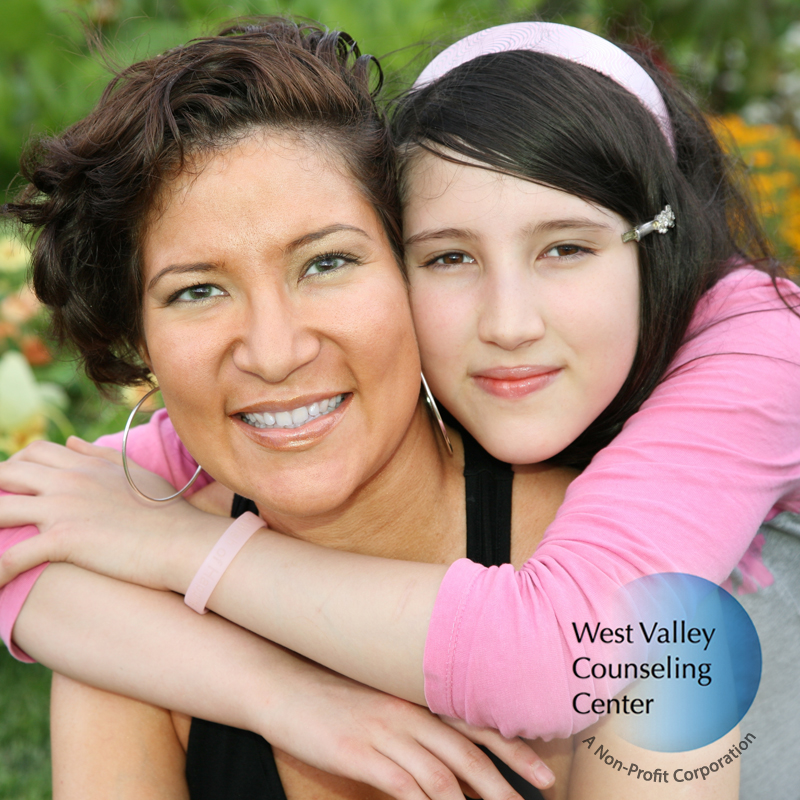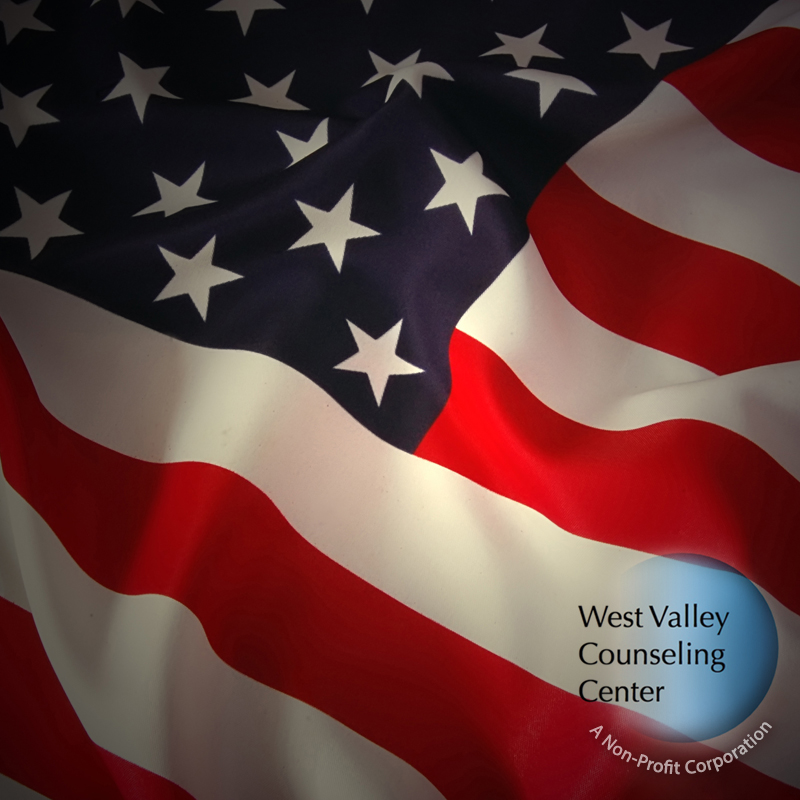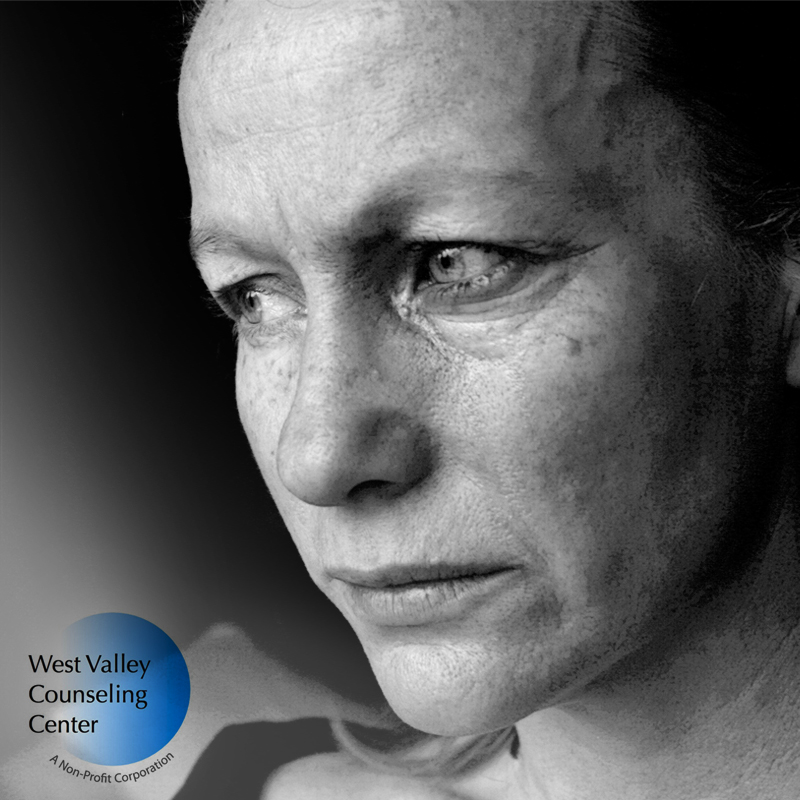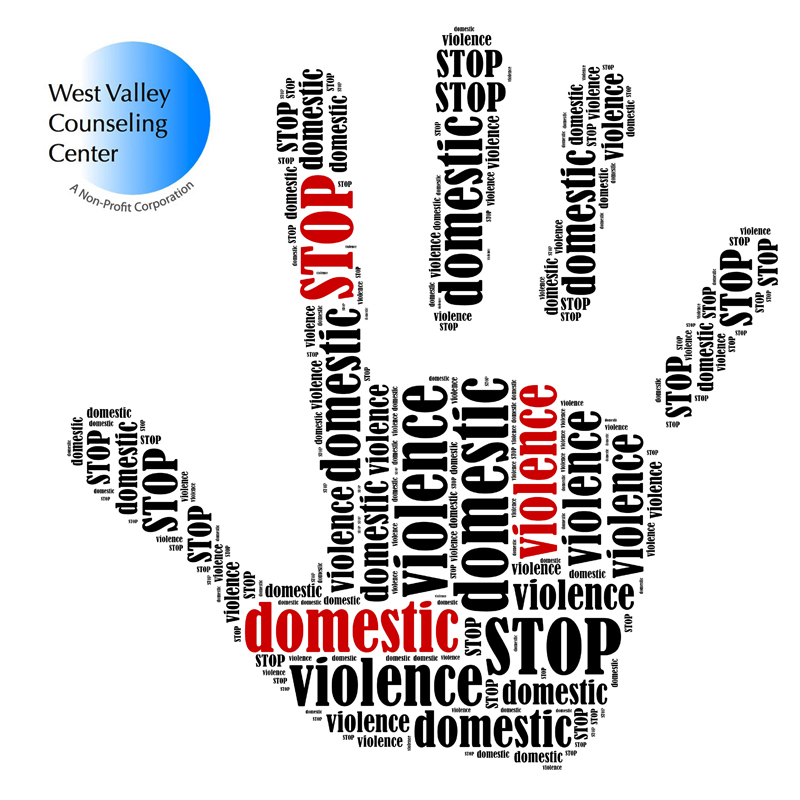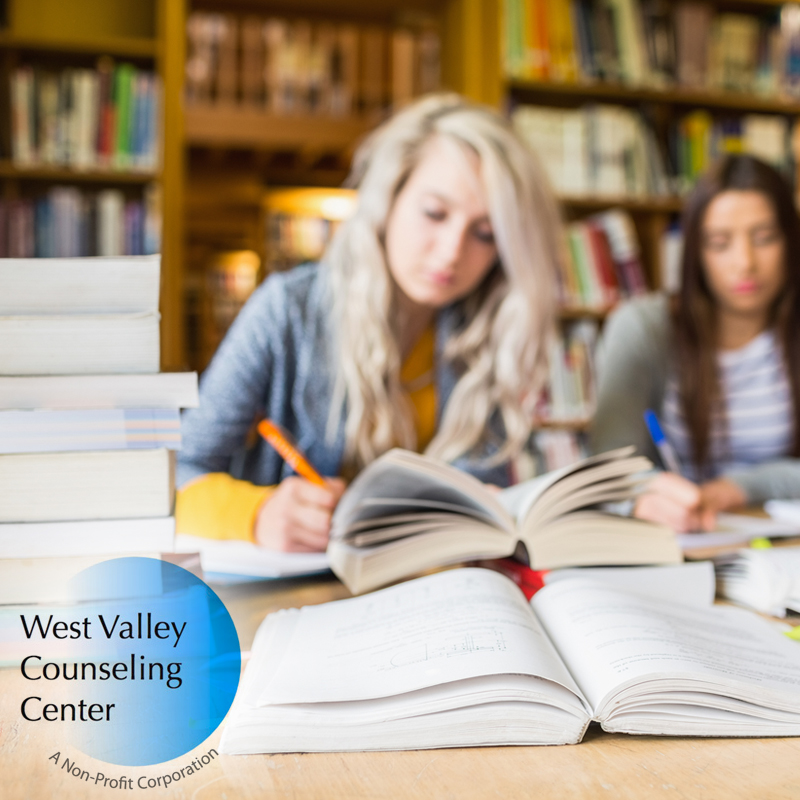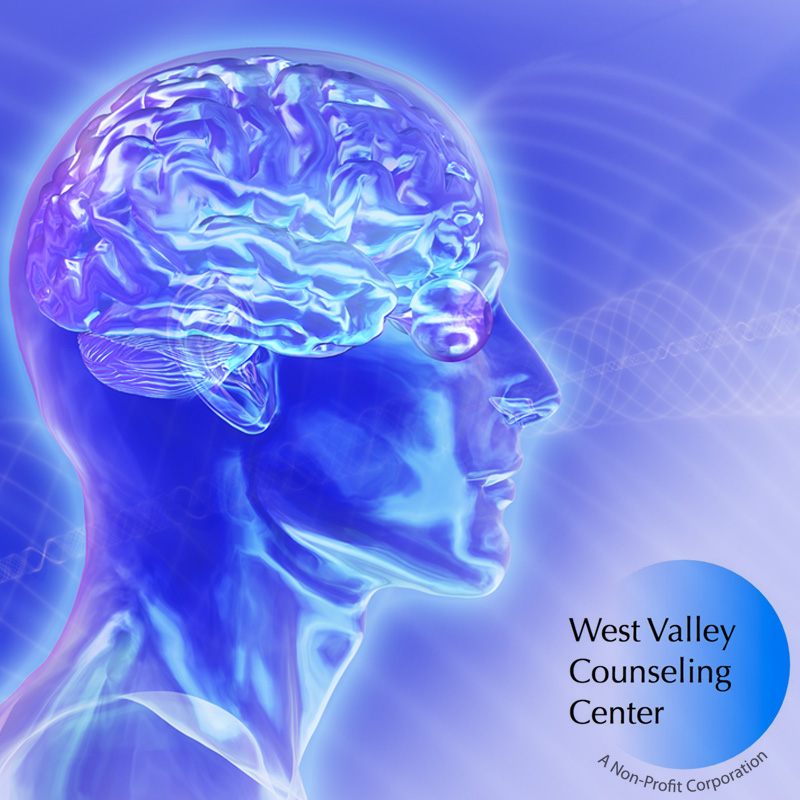Teens can go from being cuddly and precocious children that cannot wait for parents or guardians to come home, to cold and distant roommates that value independence above all else. The transition from child to teen can be a struggle for any family, but there are measures that can be taken to create a more copasetic family life that also grants teens the autonomy and freedom they crave.
Many parents follow their teen’s lead, and allow a gap to slowly widen until things such as self-esteem and grades plummet and behavioral problems may appear. In this case, as with many others, an ounce of prevention really is worth a pound of cure.
Here are some strategies that may help in bonding with reluctant teens:
1. Find Common Ground
Try to engage teens using hobbies such as running, gardening, sports, reading, and music. Having a special activity that everyone enjoys can feel much more comfortable than family dinners or structured events. These activities also provide a creative outlet for teens to express themselves and create healthy habits that can follow them throughout the course of life.
2. Utilize Mornings
Take time to cook breakfast with or for your teens, and ask about their plans for the day. They may surprise you, and let you know about a test they are stressed out about or problems with their social circle. Starting the morning with an encouraging beat will help both parents and teens feel connected throughout the day.
3. Let Them Partake in Important Decisions
Decisions such as moving, taking family vacations, or matters that may have an impact on the family are a great chance to include teens and guide them in making mindful decisions. By giving teens a chance to weigh in on important issues, it creates a safe place for teens to apply logic and refine decision-making skills. Additionally, it empowers teens to validate their autonomy and can help ease tension in times of stress or change.
4. Do not give up!
Reaching a point where teen bonding can occur can take weeks or months of building trust. Parents and caregivers should be patient, consistent, and always available. As tempting as it may be to throw in the towel, the rewards of sealing a bond with a teen will follow them through the course of life, and can be crucial in developing behaviors, attitudes, and motivation as a functioning adult.
If the above tips do not work for specific family circumstances, consider teen therapy at West Valley Counseling Center. West Valley Counseling Center is proud to provide various counseling services, such as teen therapy, anger management, grief and loss counseling, and couples therapy, just to name a few.
West Valley Counseling Center is located at 19634 Ventura Blvd. Suite 212 Tarzana, CA 91356
For more information or to speak to one of our staff, please contact us at (818) 758-9450 or email us at info@westvalleycounseling.org

